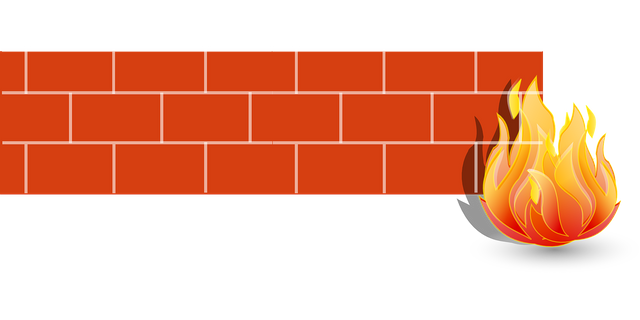Understanding the firewall: the basic protection of modern networks
In the modern world of communications, electronic networks have become one of the basic foundations of work and communication. However, these networks are facing increasing security challenges from evolving cyber threats. Firewall technology is one of the most important tools for maintaining the integrity of networks and securing them against these threats.
What is a firewall
A firewall is a software or hardware system used to monitor and control network traffic and determine which are allowed to pass and which are blocked. The firewall acts as a barrier between the internal network and the external network (usually the internet), analyzing passing data and applying a set of rules to restrict access to resources and services on the internal network.
Types of firewall:
Personal firewall (Personal Firewall): works on individual computers and protects them from external online attacks.
Network firewall (Network Firewall): installed at the network level and can be hardware or software. It allows administrators to define security policies and comprehensively monitor network traffic.
Application Firewall: it is application-based and controls the traffic of specific applications, allowing the application of advanced security policies.
The importance of the firewall:
Protection from external attacks: the firewall filters incoming and outgoing traffic to and from the network, reducing the likelihood that it will be exposed to external attacks such as phishing and malware.
Access regulation: the firewall can implement various access policies for users and applications, which facilitates network management and enhances security.
Countering sophisticated attacks: the firewall enables the use of advanced technologies such as unusual behavior recognition and payload analysis to counter new and evolving threats.
Future challenges:
With the development of electronic technologies, the challenges facing the firewall are increasing. From new intelligent threats to the evolution of intrusion methods, cybersecurity developers and network engineers must prepare to meet these challenges with more sophisticated technologies and strategies.
Conclusion:
The firewall remains a key element in the cyber security strategies of companies and individuals alike. Thanks to its ability to protect networks from external threats and regulate access to resources, the firewall contributes to ensuring business continuity and data integrity in the era of digital communications.

Hello @ww1wb
Thank you for making post in our community but you do not qualify to make post here.
Our community is only open to moderators, admins and other reputable users in the community
Downvoting a post can decrease pending rewards and make it less visible. Common reasons:
Submit